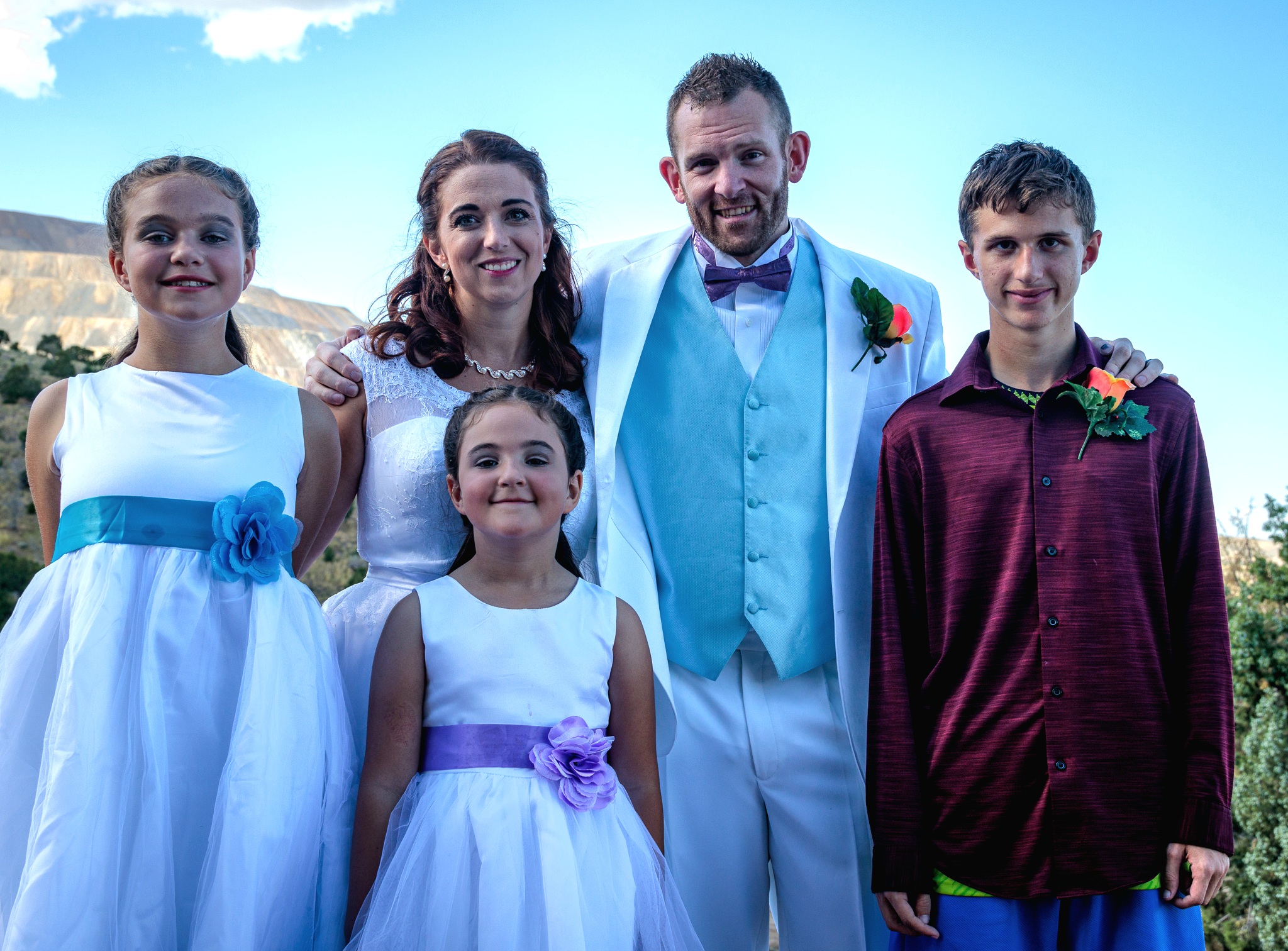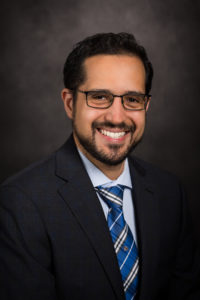
Amanda hopes her cancer journey is a positive example for her kids
April 22, 2024
This is a guest post by Amanda Reitz, a mother of three children who were 13, 9, and 5 years…
Read More
In honor of our 30th anniversary, we’re catching up with former grant recipients to hear how their work has impacted kidney cancer care and research.
Dr. Pavlos Msaouel is a clinician and cancer biologist at MD Anderson Cancer Center in Houston, Texas. He received a 2017 ASCO Young Investigator Award supported by the Kidney Cancer Association and was a 2018 David Swanson Research Scholar Award recipient.
What was the inspiration for your research project and how did it come together?
Our group is interested in developing new therapies for patients with rare but aggressive kidney cancers. To do this, we have developed cell lines, animal models, as well as tissue biobanks that serve as our discovery and validation platforms. We are particularly focused on renal medullary carcinoma (RMC), a rare but deadly kidney cancer that mainly afflicts young individuals of African descent. The therapies typically used for other kidney cancers have no effect against RMC.
We wanted to know why and whether there are biomarkers we can use to identify whether some patients can respond better to therapies than others. The Kidney Cancer Association in collaboration with the Conquer Cancer Foundation of ASCO were the first organizations to support research for RMC in 2017. That initial seed funding supported the research that inspired my 2018 Kidney Cancer Association Young Investigator Award to investigate the mechanisms of treatment resistance that aggressive kidney cancers may utilize.
What was the outcome of your research project and have there been further developments?
From humble beginnings, and through the passionate advocacy of my mentor Dr. Nizar Tannir, we built a team of clinicians, translational and basic researchers, bioinformaticians, and biostatisticians, as well as a pipeline of co-clinical and clinical trials that support our discoveries. It takes a village to generate impactful research and our research project funded by the Kidney Cancer Association helped establish that team. This subsequently led to our recent manuscript in Cancer Cell describing the molecular hallmarks of RMC .*
How would you say your research project contributed to the field?
My Kidney Cancer Association Young Investigator Award focused on the biology of the cytoskeleton inside the cells of rare kidney tumors. We started testing our specific hypotheses and were led to unexpected findings, some of which are potentially relevant to all kidney cancers. Rare kidney cancers in many ways are “Rosetta Stones” for cancer biology.
What is most exciting or significant about your research?
Our research is driven by the understanding that rare kidney cancers such as RMC are orphan diseases but what drives them are not orphan principles. Studying them gives us fundamental insights that can help patients with these rare diseases, who are in dire need for better options, but can also be of service to those with more common kidney cancers. I find that to be one of the most exciting and fulfilling aspects of studying rare tumors. Everyone gains from this.
Does your research impact your approach to patient care?
It certainly did. We now have a clearer understanding of the molecular biology of rare and aggressive kidney tumors and this can guide more nuanced decision making when we need to choose between different treatment options or early phase clinical trials.
What is your focus now?
Our group continues to study the biology of rare kidney malignancies. We are actively testing new therapies for RMC in clinical trials we have developed specifically for patients with this disease. We want to understand better who is more likely to respond to these therapies and what are the mechanisms that drive resistance? In addition, we are using our animal models and tissue biobanks to investigate aggressive sarcomatoid papill
Is there anything else you’d like patients and families about the impacts of your work?
We are constantly inspired by our patients and their families. Our research program would not have started without the dedication and support of patient advocates and patient-led communities. We promise that they are not alone and that we will leave no stone unturned for them.
*Replication stress conferred a therapeutic vulnerability to drugs targeting DNA-damage repair pathways. Clarification of these previously unknown RMC hallmarks paves the way to new clinical trials for this rare but highly lethal malignancy.